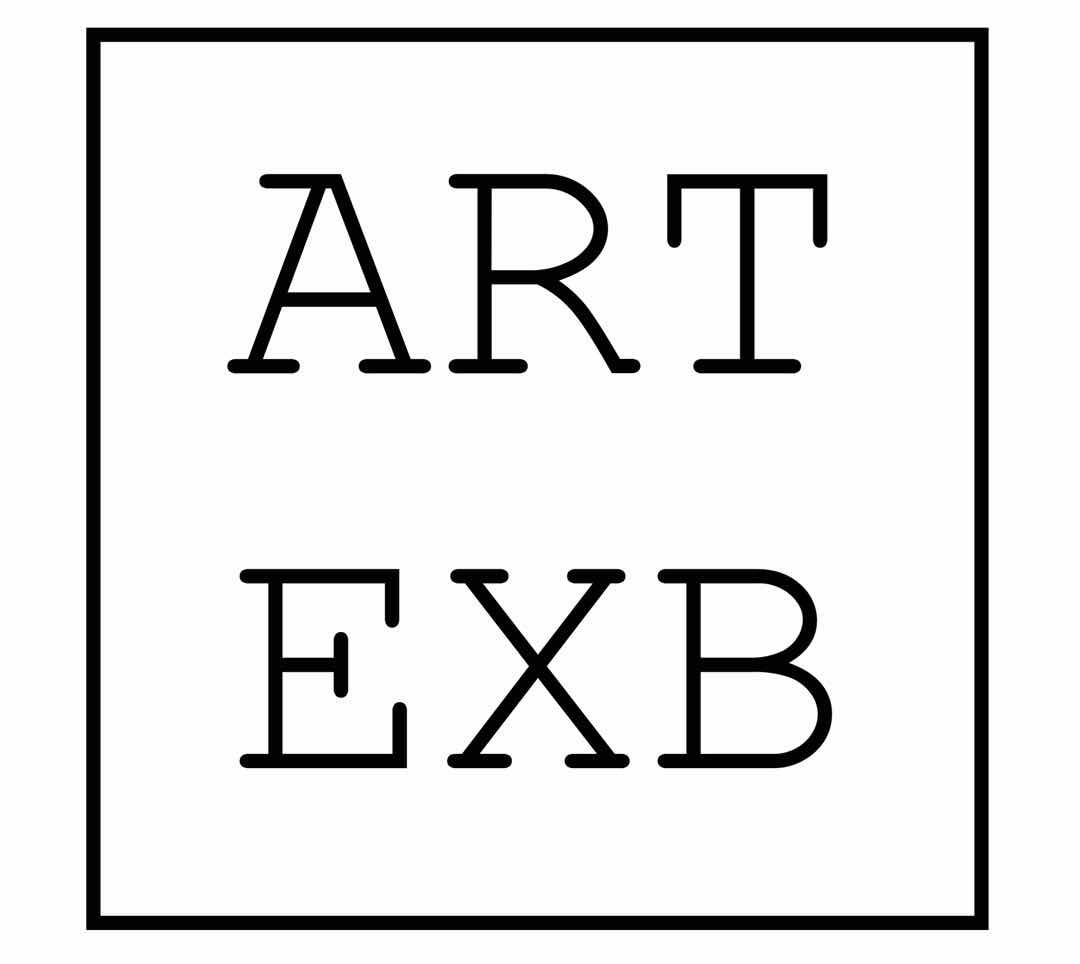“. . . facing a real mountain, I wrote ‘mountain’ . . . where there was river water I wrote the character for ‘water’. The clouds shifted, the mountain colors changed, the wind blew and the grasses moved, the life around me appeared and disappeared; with a feeling of excitement, I recorded it all!”
— Xu Bing, 2013 on his 1999 excursions in the Himalaya Mountains
INK studio is honored to present Xu Bing: Language and Nature organized by the artist’s long-standing curatorial partner, INK studio Artistic Director Dr. Britta Erickson. Xu Bing is widely recognized as one of the leading conceptual artists of language and semiotics working today. Indeed, many consider the relationship between humankind and language to be the dominant leitmotif of Xu Bing’s oeuvre. For Language and Nature, Erickson takes a fresh look at Xu Bing’s practice and explores its central theme of Nature. Specifically, it examines Nature’s relationship to human minds and human societies as embodied in two distinctly Chinese modes of signification: the pictorial character of Chinese writing and the language-like nature of Chinese painting.
Xu Bing and Britta Erickson first met in 1991 while working together on his first institutional exhibition outside of Asia, a major solo show at the Elvehjem Museum, Madison, Wisconsin. Xu Bing and Dr. Erickson re-united a decade later for Xu Bing’s solo exhibition Word Play: Contemporary Art by Xu Bing at the Arthur M. Sackler Gallery, America’s national gallery for Asian art in Washington D.C. Focusing on Xu Bing’s explorations of language, they premiered the artist’s new Landscript series of calligraphy-landscape paintings using brush, paper and ink, and staged three new installations—The Living Word, Reading Landscape, and Monkeys Grasp for the Moon—alongside definitive installations of Book from the Sky and Square Word Calligraphy, including a new version of Calligraphy Classroom. Aside from writing the seminal monograph Words without Meaning, Meaning without Words: The Art of Xu Bing, Dr. Erickson has directed the short documentary film The Enduring Passion for Ink: Xu Bing’s Semiotics and authored over a dozen catalog essays and journal articles on different aspects of Xu Bing’s artistic practice over the past 25 years.
Language and Nature incorporates works from six distinct but conceptually inter-related practices to chart Xu Bing’s systematic exploration of what he describes as nothing less than the “most essential and particular constituent of our [Chinese] culture.”
